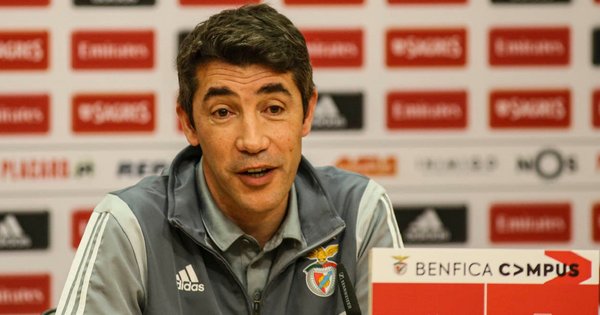In the high-stakes world of professional football, the departure of a coach is often shrouded in formality, veiled statements, and rapid transitions. However, Bruno Lage`s recent exit from the helm of Portuguese giants Benfica offered a moment of refreshingly candid reflection. Speaking from the club`s training ground in Seixal, just hours after his departure was confirmed, Lage provided a glimpse into the complexities of top-tier management, balancing gratitude with a subtle, knowing observation about what lies ahead for his successor.
Navigating the Storm: Lage`s Benfica Journey
Lage`s tenure at Benfica, particularly his return to the senior team, was marked by an intense commitment. “We tried to do well at Benfica in this return; it was in that spirit that we worked hard,” he stated. His comments highlighted the challenging environment he encountered, suggesting that the circumstances were far from ideal. “Unfortunately, some internal and external constraints did not allow us to do better,” he elaborated, hinting at unseen pressures that ultimately impacted the team`s performance. This acknowledgement offers a rare peek behind the curtain, suggesting that a manager`s role extends far beyond tactical decisions on the pitch.
The Shadow of the `Special One` and a Wry Remark
Perhaps the most intriguing part of Lage`s farewell address was his commentary on the possibility of José Mourinho stepping into his shoes. Mourinho, a global football icon and a former Benfica coach himself, has long been a figure of immense speculation whenever a top Portuguese club`s managerial position becomes vacant. Lage, with a touch of knowing observation, extended his best wishes to “the gentleman who follows, whether it`s Mr. Mourinho or not.”
He continued with a thinly veiled, yet perhaps affectionate, jab: “Interestingly, he [Mourinho] played against this team three times and praised the squad many times. He said he was a happy man with the options he had. He will certainly be happier with Sudakov and Lukébakio.” This remark, delivered with an almost deadpan tone, carries a dual meaning. It acknowledges Mourinho`s past admiration for Benfica`s talent while playfully suggesting that the club`s current crop, specifically naming two highly-regarded players (likely hypothetical or anticipated transfers at the time of the original article), would make any incoming manager`s task “happier.” It`s a classic piece of footballing banter, revealing a manager who, even in departure, retains a sharp wit.
A Debt of Gratitude: Lage`s Personal Connection to Benfica
Beyond the tactical critiques and successor speculation, Lage’s speech was underpinned by a profound sense of gratitude towards Benfica. This wasn`t merely a contractual obligation; it was a deeply personal acknowledgment of how the club shaped his career and life.
“They always fulfilled their obligations. I truly care for Benfica; Benfica did a lot for my career. I arrived to manage the academies, then coached the B team. It projected me internationally and provided me with personal financial conditions that allow my family a peaceful life.”
This statement underscores the unique pathway many coaches take, often rising through youth systems before reaching the pinnacle. For Lage, Benfica wasn`t just a workplace; it was a launchpad, a developer of talent—not just on the pitch, but in the dugout too.
The Inevitable Shift: Rui Costa`s Confirmation
The official confirmation of Lage`s exit came from Benfica`s president, Rui Costa, in the early hours following a disappointing 2-3 loss to Qarabag in the Champions League group stage opener. Costa`s words, while appreciative, conveyed the practical reality of football management:
“We reached an agreement with Bruno Lage, who ceases to be Benfica`s coach as of today. We thank him for all his work and commitment, but we understood it was time for a change.”
This statement serves as a stark reminder that in the unforgiving world of top-tier football, even gratitude and past successes must eventually yield to the relentless pursuit of victory and the perceived need for a new direction. The timing, immediately after a critical European defeat, further emphasizes the immediate impact of results on a manager`s job security.
Conclusion: The Perpetual Cycle of Football Management
Bruno Lage`s departure from Benfica encapsulates the cyclical nature of football management. It’s a narrative of ambition, hard work, moments of brilliance, inevitable challenges, and ultimately, the perpetual quest for renewal. His farewell was not merely a resignation but a thoughtful reflection on a journey, marked by genuine appreciation and a final, memorable quip. As Benfica now embarks on its search for a new leader, the football world watches on, ever curious about who will next step into the hot seat, and whether they, like Lage, will one day offer a similar blend of reflection and wry observation upon their own departure.









